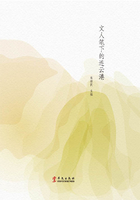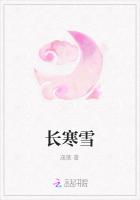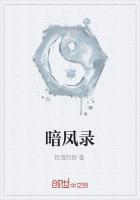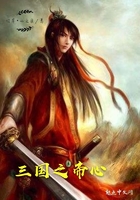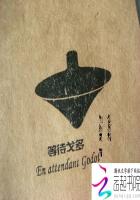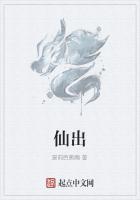In the Spring and Autumn Period (770 BC-476 BC) there was a famous archer in the Chu State called Yang Youji.
At one time, the Jin Ligong (Duke Li of Jin) made an attack on the Zheng State. Chu Gongwang (King Gong of the State Chu) dispatched troops to help the Zheng State and met the Jin army at Yanling. In the ensuing fight, a general of the Jin State called Wei Qi saw Chu Gongwang and shot an arrow at his eye. Chu Gongwang, who hated Wei Qi, gave two arrows to Yang Youji, saying, “Shoot Wei Qi to death to give me revenge over him.” Without any word, Yang took the arrows and left. After a while, he came back with one arrow remaining and handed it back to Chu Gongwang. One arrow was all he had needed to kill Wei Ji.
At that time, another man named Pan Dang was also proficient in archery. He never missed the bull’s eye in any competition.
However, Yang Youji said to him, “This is not what it means to be a perfect marksman. The one who can shoot the leaf of willow at a distance of over one hundred paces—he can be regarded as a true marksman.”
Pan Dang was not convinced. He selected three leaves on a willow and painted them with numbers so that Yang Youji could select his target.Yang Youji shot three consecutive arrows, hitting the three leaves in the prescribed order. Pan Dang was then sincerely convinced.
This story comes from Strategiesof theWar ingStates. It is used to demonstrate perfect marksmanship. It also refers to great accuracy in predicting situations, thus succeeding in handling political or business affairs.


